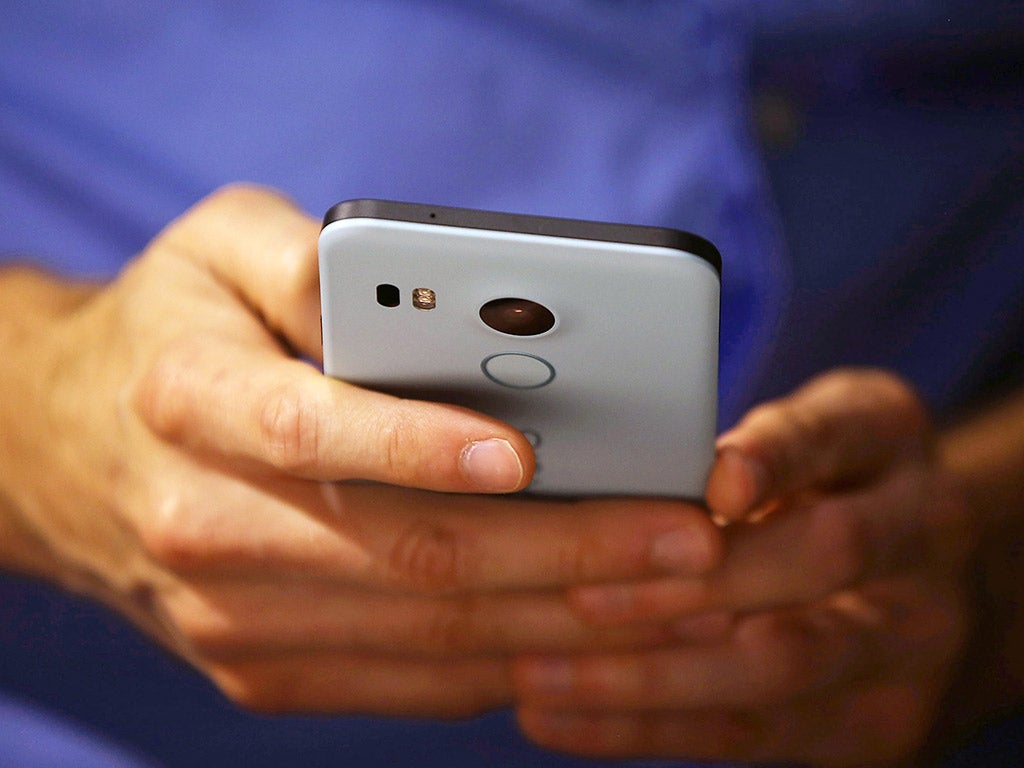Technology, not political upheaval, will have the biggest impact on our lives in the next decade
For most people, most of the time, technology trumps politics


The past three weeks have seen a political whirlwind in Britain, with a Prime Minister unseated and a previous Prime Minister savaged. But if politics have dominated the headlines, do they really change people’s lives – at least in the developed world – as much as they seem?
There are of course moments of history that change everything: the string of dreadful political decisions that led to the First World War. But they are few and far between. By contrast, the thing that really changes people’s lives is surely technology. If the vote for the UK will leave the European Union seems a momentous political decision, consider this. Would the lives of people in Switzerland be radically different now had the Swiss decided to join the EU? (It withdrew its long-standing application last month).
So what is the decision that has most changed our lives over the past decade? It is, I suggest the invention of the iPhone, launched on 29 June 2007. That was just a few months before the great financial crash, which did certainly change many people’s lives in the developed world. But most countries have recovered, in those that haven’t such as Italy and Greece, the problems go deeper.

Look at the world now and the big change is surely the spread of mobile phone technology. This is what makes 2016 different from 2006.
This is a shift of quality as well as quantity. It is not just that there are now more mobile phones in the world than there are people, or that we are two years past the point when more people access the Internet from a mobile device than a fixed one. We can do things with mobile communications that would have been unthinkable a decade ago. Doubtless in another decade we will be doing things that are unthinkable now.
For most people, most of the time, technology trumps politics.
So where might the next decade lead us? If something is unthinkable, we cannot by definition think what that might be. But we can all think of areas where we would like to see radical advances, and the question is whether technology will fulfil those desires. The genius of Steve Jobs was to understand what we wanted before we really knew it.
I can see four such areas: three obvious, one less so, where technology may change things. Readers will see many more.
The most obvious is the falling cost of storing electricity. As it continues to fall, electric vehicles may become cheaper to make than comparable internal combustion vehicles within ten years. That would be the tipping point when we all switch to electric cars and it could happen very quickly. The switch in commercial aircraft from the piston engine took only ten years.
The next is healthcare. Here the switch will be to people monitoring their own health, via electronic devices, rather than needing so many making visits to the doctor. Of course the basic structure of health care will remain. There will still be doctors and hospitals. But it will soften as people will become better able to use technology to look after themselves.
The third is education. The instant availability of information is already changing education at every level but we are in the early stages of learning how to use what we have. We are still at the pub-quiz level of using information by comparison with what is to come. Again, the structure won’t change, or at least not much. What will change will be the attitude towards education: the questioning of experts, rather than the sneering at expertise.
All that is obvious enough – less so will be the impact of technology on ideas about equality and fairness. Most of us across the developed world would like to see fairer societies, and generally this means greater equality. The point that is often missed is that technology is potentially a great equaliser. You have to be able to use it of course, just as that great equaliser of the first part of the 20th century, the motor car, required people to learn to drive.
Driving is the most difficult thing most human beings have to do, requiring hand/eye coordination, a sense of road-craft, an intuitive understanding of physics (cars can’t stop suddenly), and so on. Using the new technologies is much easier. But we do need to use technology to push the world towards fairness, rather than be self-indulgent in its use. A bit less Boaty McBoatface, please.
Join our commenting forum
Join thought-provoking conversations, follow other Independent readers and see their replies
Comments
Bookmark popover
Removed from bookmarks